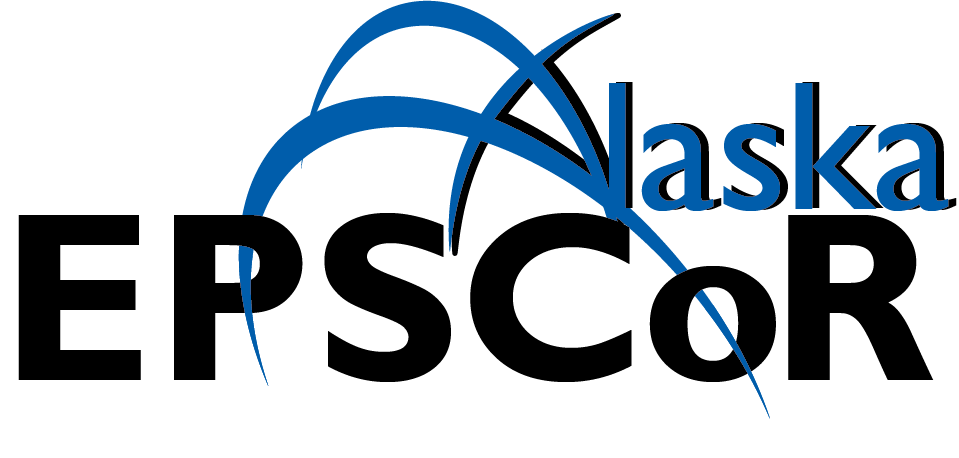Overview
In 2023, the National Science Foundation awarded $20 million to Alaska EPSCoR to study culturally and commercially important marine species in the Gulf of Alaska over five years. This is the sixth, multimillion EPSCoR Research Infrastructure Improvement Program Track-1, or "Track-1" award project administered by the Alaska EPSCoR program.
The project unites researchers from the University of Alaska Fairbanks, the University of Alaska Anchorage and the University of Alaska Southeast. They partner with eight Gulf of Alaska communities: Seldovia, Halibut Cove, Homer, Cordova, Valdez, Juneau, Haines and Klukwan.
Researchers investigate the ecological resilience of several key coastal species that were identified by people in these communities. Researchers will also see if people have identified changes in harvest of these species, and how changes in harvests affect the social, health, and economic well-being.
Project goals stem from conversations with local community members, tribal entities, shellfish and kelp farmers, and government agency representatives that took place over two years with the help of an NSF planning grant. The grant allowed researchers to listen to community concerns and develop relevant research questions.

Vision
The vision of Interface of Change is to build resilience in Gulf of Alaska coastal communities through co-developed, use-inspired research on land-to-ocean linkages that influence marine resources.
Mission
The mission is for Interface of Change researchers to work in parallel with rural communities, industry farmers, and agency managers to identify and link environmental drivers to marine wild-harvested and farmed resources and to model potential community adaptation strategies.
Goals
The goals of Interface of Change are to:
1) Build collaborative research capacity to assess how environmental drivers affect marine resources on which Gulf of Alaska coastal communities are reliant, and
2) Generate environmental data and web-based tools to inform adaptive community solutions to sustainably harvest and farm marine resources. Research will take place across University of Alaska (UA) campuses in Fairbanks (UAF), Anchorage (UAA) and Juneau (UAS) and align strongly with both UA research goals and the State of Alaska’s Science and Technology Plan.

